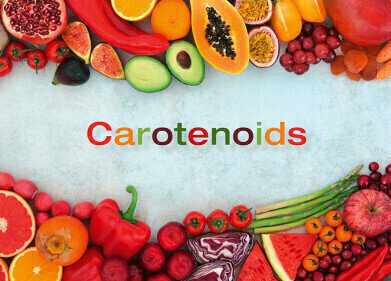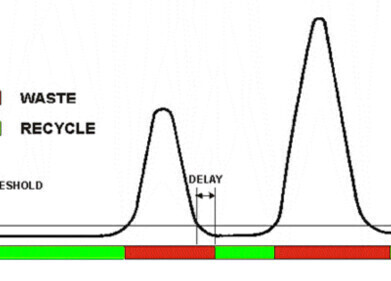HPLC, UHPLC
LC supplements can decrease fatty livers
Nov 17 2011
Scientists have used high-performance liquid chromatography (HPLC) processes to determine the effect, both preventive and therapeutic, of L-carnitine (LC) on non-alcoholic fatty liver disease (NAFLD) in streptozotocin (STZ)-induced type 2 diabetic mice.
In a study published by Diabetology &Metabolic Syndrome, a team from the Center for Human Functional Experiment in China sought to gain insight into why there are an increasing number of patients suffering from fatty liver caused by type 2 diabetes and what can be done about it.
The scientists tested mice from five experimental groups, comprised of the control group, a diabetic group, a pre-treatment group (125 mg/kg BW), a low-dose (125 mg/kg BW) therapeutic group and a high-dose (250 mg/kg BW) therapeutic group.
They then tested for the concentrations of LC and ALC (acetyl L-carnitine) in the liver using HPLC processes.
As a result, the scientists found that average liver LC and ALC levels were 33.7 per cent and 20 per cent lower, respectively, in diabetic mice compared to control mice.
"LC supplements ameliorated fatty liver in type 2 diabetic mice by increasing fatty acid oxidation and decreasing the LC/ALC ratio in the liver. Therefore, oral administration of LC protected mitochondrial function in liver," the report concluded.
Posted by Ben Evans
Digital Edition
Chromatography Today - Buyers' Guide 2022
October 2023
In This Edition Modern & Practical Applications - Accelerating ADC Development with Mass Spectrometry - Implementing High-Resolution Ion Mobility into Peptide Mapping Workflows Chromatogr...
View all digital editions
Events
May 05 2024 Seville, Spain
May 15 2024 Birmingham, UK
May 19 2024 Brno, Czech Republic
May 21 2024 Lagos, Nigeria
May 23 2024 Beijing, China














